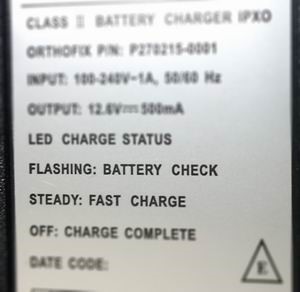OK. I will give you an real life example involving the popular Banner Bull Batteries vs the Batteries I just got in yesterday to put in my Motorhome - so putting my money where my mouth is ...
Key Features of the two batteries
Banner Bull 100Ah Battery
£120
100Ah @C20 Discharge Rate
24.5Kg
2 Year Warranty
Requires periodic maintanance (topping up of water)
Requires external venting
200 Cycles when taken down to 50% Discharge (so it is expected that you can take out 50Ah 200 times before the performance is notably reduced and likely needs replacing.
12V 100AH RITAR AGM LEAD CARBON ULTRA DEEP CYCLE BATTERY
£190
100Ah @C20 Discharge Rate
29Kg
5 Year Warranty
Maintenance Free
No venting required
3000 Cycles when taken down to 50% Discharge (so it is expected that you can take out 50Ah 3,000 times before the performance is notably reduced and likely needs replacing)
So why buy the more expensive battery?
Well, the warranty is twice as long. It requires no maintenance (so pretty well fit & forget) and you can take out 50Ah every day the year for over 8 years. Do that with the Banner Bull battery and you will run out of cycles within 7 months. And the more expensive battery will also not complain too much if you want to take 80Ah or even 90Ah out of the 100Ah battery and still give you nearly 10 times the cycle count the Banner Bull will taking just 50Ah out.
To me, paying an extra £70 for those benefits is a no-brainer.


